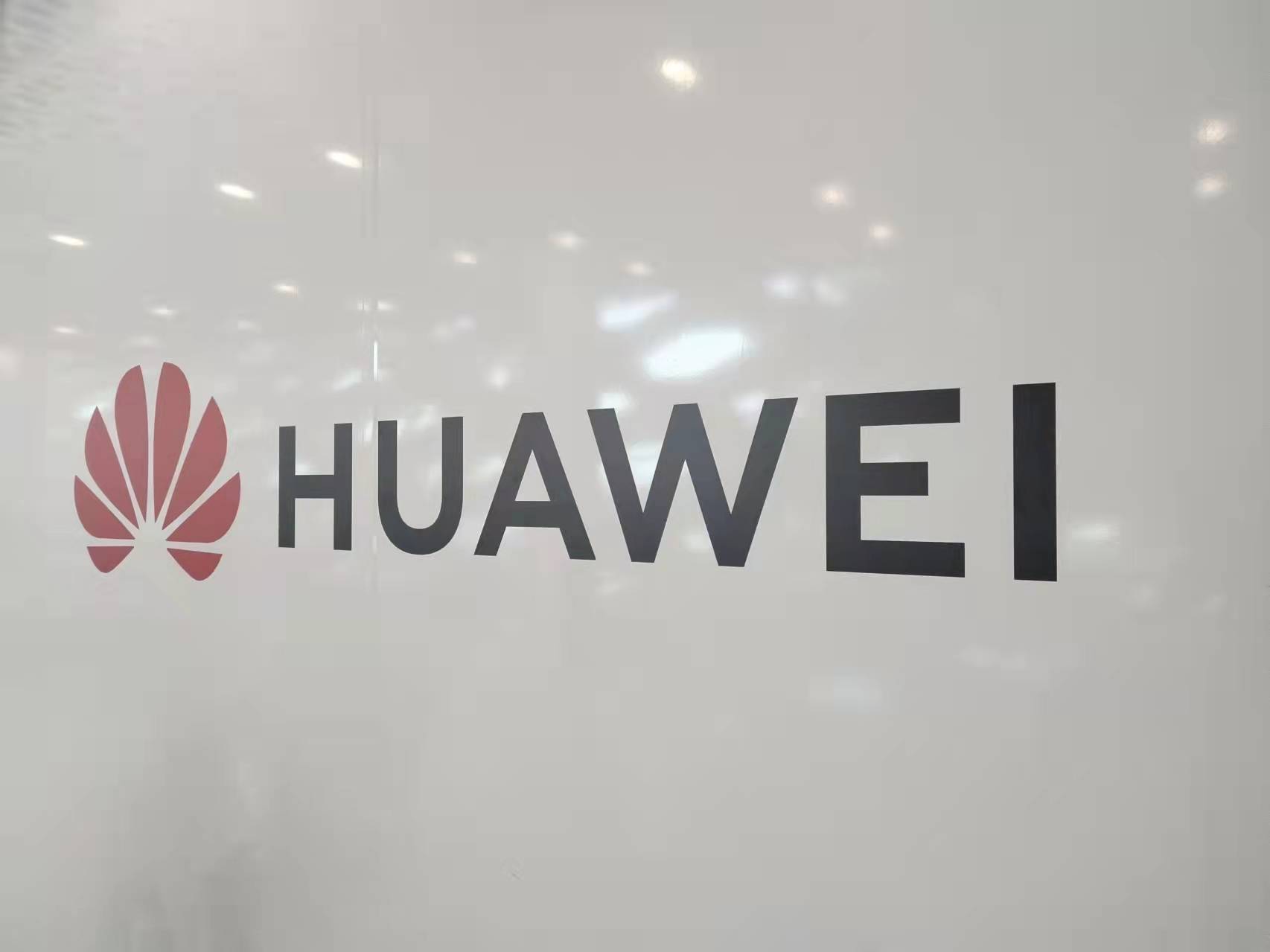
Powered by Huawei's 5G and L4 autonomous driving technology, Tianjin Port, a world-leading smart port in northern China, has realized more efficient, intelligent, and safer operations, China Daily reported on December 9.

In October 2021, Tianjin's Beijiang Port Area introduced Huawei's technologies to the Section C Terminal. One of the key innovations is an AI-powered intelligent horizontal transportation management system, which is helping deliver a number of breakthroughs to the Tianjin Port: The world's first large-scale commercial deployment of superior L4 autonomous driving in ports, the world's first "5G + BeiDou" integration to enable ubiquitous intelligence, and the world's first port to achieve self-sufficiency in green electricity, meaning the port's end-to-end operations produce zero carbon emissions
Yang Jiemin, vice president of the Tianjin Port Group, noted: "The Tianjin Port has been involved in comprehensive and in-depth cooperation with Huawei, and this partnership has paid off. Thanks to the joint efforts of a consortium of innovative companies, represented by Huawei, we have overcome many difficulties and successfully transformed the terminal of Section C in Beijiang port area into a showcase for next-generation automated ports, while making significant contributions to the port industry."
The Tianjin Port is one of the most technologically advanced ports in China. It has a 300000-ton-class wharf with a channel depth of 22 meters. In addition, it boasts 192 berths of various types, including 128 berths above the 10000-ton-class. In 2021, the port's cargo throughput reached 435 million tons, ranking ninth globally, while its container throughput exceeded 18.35 million TEUs, ranking eighth.
The Tianjin Port has 76 container trucks, each of which would need three drivers working three shifts each day to ensure 24/7 operations. This means 210 drivers would be required in total. Achieving such operations would be exhausting and dangerous for the truck drivers, who would have to work long hours along fixed routes. Currently, transporting a container requires 20% less energy, and cranes are 20% more efficient on average, with each crane moving 39 container units per hour, according to China Daily.
Yue Kun, CTO of Huawei's Smart Road, Waterway & Port BU, said, "Ports are a key link for maritime transport. Building more efficient and smart ports is becoming increasingly important for the global supply chain. The Tianjin Port has successful experience in adopting 5G and other digital technologies, making it a role model for transformation within the global port industry."








